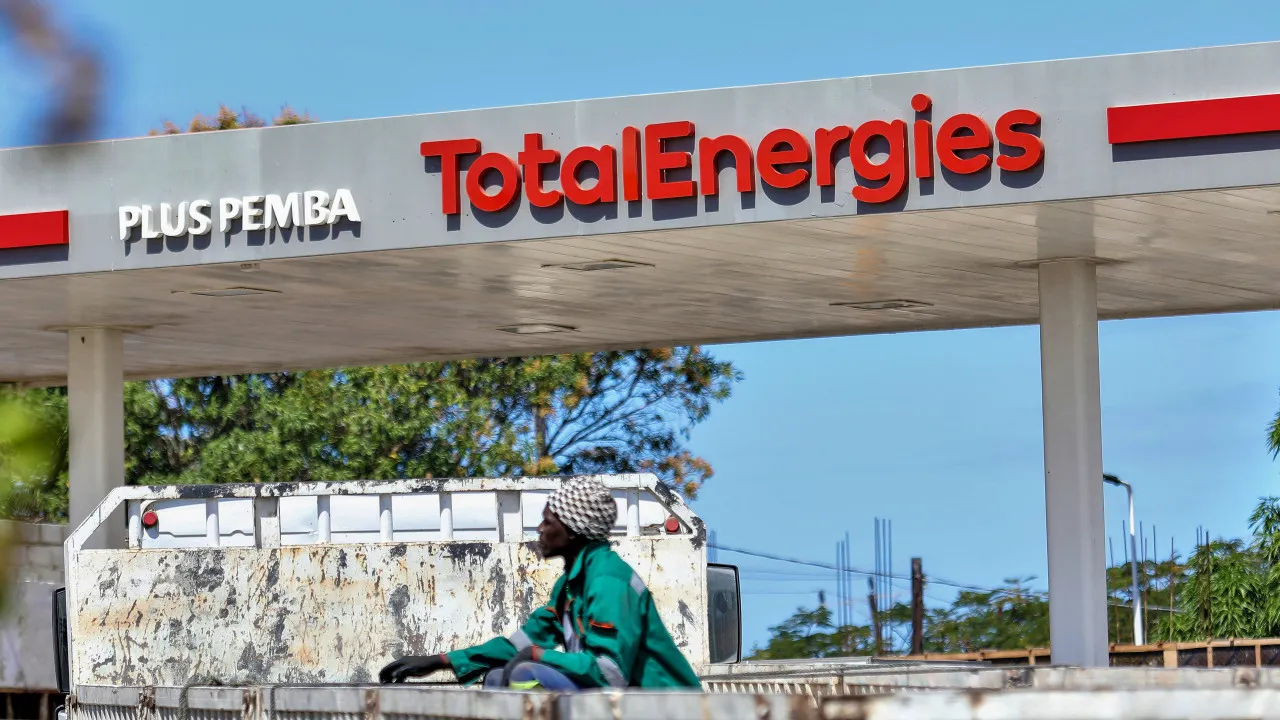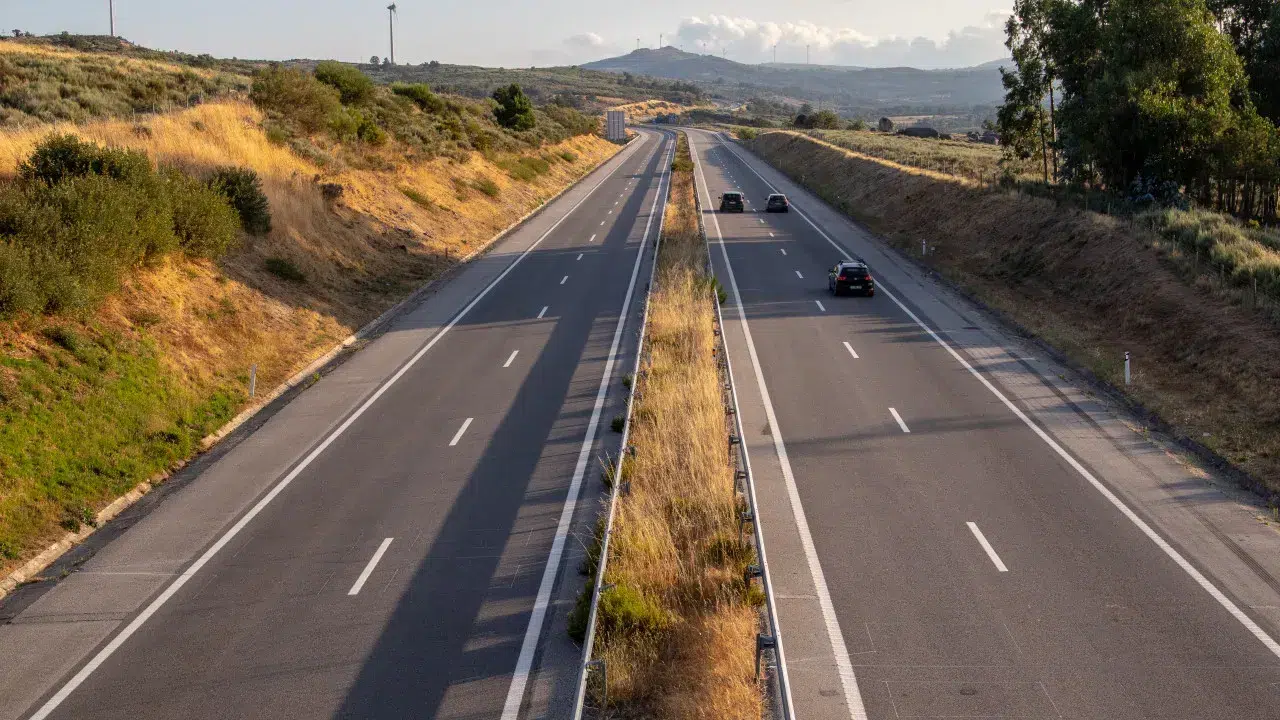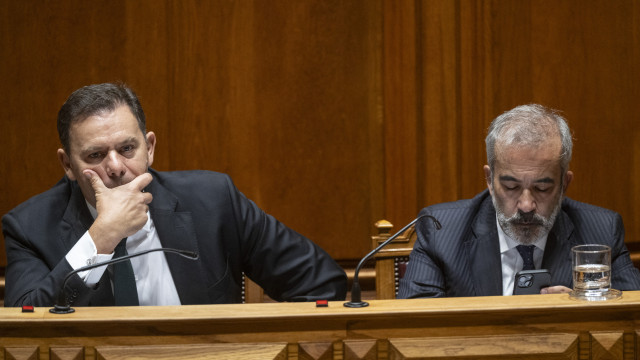
The supply will be conducted via air and sea routes. “If it’s via air, is the local private sector, particularly in the province of Cabo Delgado, able to transport its goods via air and sea?” questioned Mamudo Irache, president of the business council of that northern province.
“We fear being left out of the project,” he stated, noting that activities involving TotalEnergies’ personnel outside the complex were the ones “bringing money to local entrepreneurs.”
The issue at hand is the forecast by TotalEnergies, leader of the Area 1 consortium, to resume the $20 billion Liquefied Natural Gas (LNG) production and export megaproject in Afungi starting in August, which has been suspended since 2021 due to attacks by Islamic extremists.
However, local entrepreneurs report that they have been informed that supplying goods and services to the complex will be conducted solely by air and sea, not by land, for security reasons.
“There is a businessman in Moeda, one in Macomia, and another in Chiúri [inland districts of Cabo Delgado], who do not have access to the sea. How are they going to manage?” questions Irache.
The governor of Cabo Delgado province, Valige Tauabo, expressed to Lusa his anticipation for the imminent return of TotalEnergies but also stated his belief that local entrepreneurs will not be excluded.
“We are certain that Total will not close itself off,” he stated, adding: “We believe there may have been some miscommunication, but we have faith that Total does not intend to isolate, as it might have been understood.”
He further assured that the oil company’s concerns in adopting more restrictive measures relate to the security of both the complex and its workers. “Total is focusing on security first (…), so it can resume with all necessary precautions, and the Government is also doing its part,” he guaranteed.
Entrepreneurs are also concerned about the possibility of workers being isolated within the complex, without contact with the outside world that could boost business.
“They should live in the community. They work there, return to the community, utilize the lodgings available, the houses built for this purpose, and experience the community’s traditional food,” says the representative of Cabo Delgado entrepreneurs.
Thus, he explains, “they end their 15 or 20 workdays there.”
“And what about the local entrepreneur, what do they get?” he questions.
Cabo Delgado entrepreneurs affirm they are ready to provide supplies ranging from vehicles, logistical support, and food to construction materials.
For the governor of Cabo Delgado, following the project’s hiatus, “expectation is immense” regarding the return of TotalEnergies to the project.
“Cabo Delgado was developing, the environment was different, hope was different. Then, when the ‘force majeure’ declaration [suspending the project] occurred, due to extremist incursions, obviously all that hope crumbled (…). And when the possibility of resumption arises, expectations become even higher,” Tauabo remarked.
“It will once again boost psychological hope and also the hope that through work, through this resumption, there will be a value chain; that’s where everyone’s well-being lies, because subcontracted companies will exist, companies will offer services to each other, our hotels will be occupied, the rooms we have here and tourism, as well as all services, everything in the business area, there will be room to offer services,” he asserts.
Mozambique has three approved development projects for exploring gas reserves in the Rovuma basin, ranked among the world’s largest, located off the coast of Cabo Delgado.
Since October 2017, the gas-rich province has been facing an armed rebellion with attacks claimed by movements associated with the extremist group Islamic State, which have led to over a million displaced individuals, including 349 deaths in 2024, according to data from the Africa Center for Strategic Studies, an academic institution of the U.S. Department of Defense analyzing conflicts in Africa.




